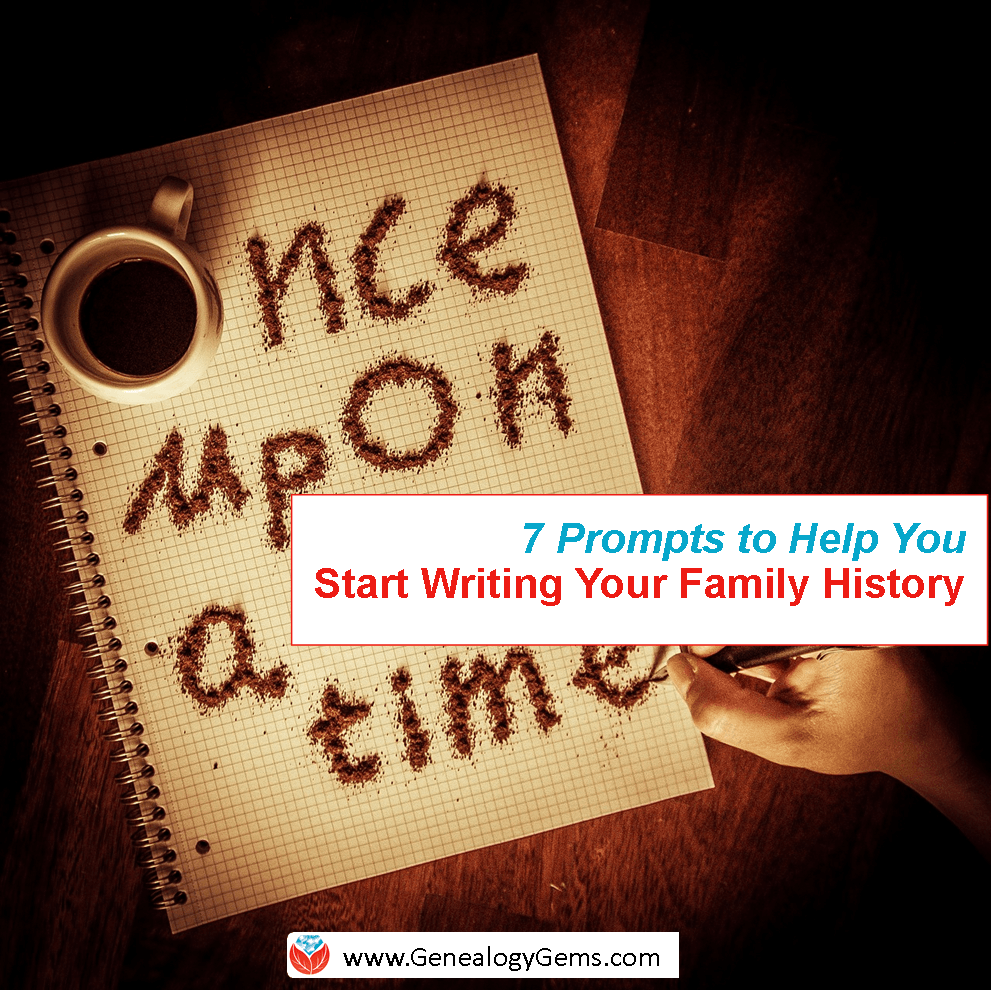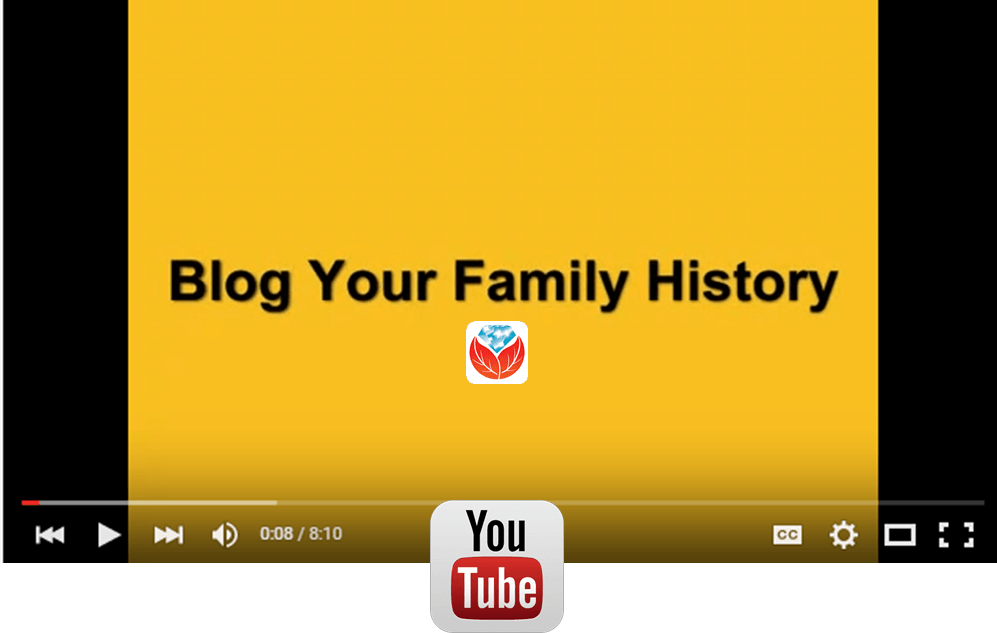Blog


Come to Texas Genealogy Conference and SAVE!
The Texas State Genealogical Society 2015 Family History conference kicks off in less than 2 weeks. I’ll be there! Can you come? Here’s a discount code just for Gems  fans!
fans!
My home state of Texas does EVERYTHING in a big way. So it’s no surprise the upcoming Texas genealogy conference will pack so much into their 2-day event, October 31 – November 1. Here’s a run-down of the weekend AND my friends-and-family discount code that you can use to save on registration.
2 KEYNOTE SPEAKERS. I’m looking forward to sharing the keynote stage with J. Mark Lowe, an expert genealogist and a very skilled and fun teacher. I think we’ll all have a lot of fun during these presentations.
GET-IT-DONE WORKSHOPS. Come and learn super practical skills to move your family history research ahead! I’m teaching “Learn How to Time Travel with Google Earth” and “How to Use Evernote for Genealogy” (Levels 1 and 2). Mark will teach a workshop on Genealogical Research in the South and another called “Following a Case through Court.”
43 CLASSES IN 14 TRACKS. Beginners are welcome–and intermediate/advanced researchers will have plenty to chew on–during 2 days of breakout sessions with topics that include: Genealogy for Beginners, DNA, African-American Research, Courthouse Records & Records Loss, Adoption, Hispanic Research, Methodology, Libraries & Repositories, Historical Context, Societies & Communities, and Digital Genealogy.
Early-bird registration has officially ended, but I have coupon code that passes on my friends-and-family discount to YOU. Use coupon code family20 to get $20 off the $150 fee for the full 3-day registration or coupon code family10 to get $10 off any single-day registrations. Click here to register now.
P.S. You can share this code with YOUR friends and family! Please do, in fact! Thank you!
Click below to read more about attending genealogy conferences:
The Benefits of Attending Genealogy Conferences: Podcast interview with Dick Eastman. Listen for free!
Where Should You Sit at a Genealogy Conference?

7 Prompts to Help You Write Your Family History
The biggest obstacle to writing family history can be getting started. Try one of these prompts to jump-start past the opening paragraph – then join me for my  workshop!
workshop!
Have you ever started to write a family history narrative, only to get stuck on the opening paragraph? “Charles John Andrews was born on….” You rattle off dates and parents’ names. Then you realize you’ve bored yourself in the very first paragraph. You give up.
(Note from Lisa: Don’t give up! Keep reading and then sign up for Sunny’s incredible new workshop which starts this week!)
One trick to writing a compelling family history is to find the storylines in our ancestors’ lives. A life isn’t a single story from birth to death. It’s many stories. The steamboat explosion the child survived. Teen years on the farm, attending school part-time. The Civil War skirmish that raged through town and wiped out the family farm.
The following series of writing prompts can help you identify and sketch out the stories you want to tell. Scan through the list of questions and see who or what story comes to mind. Then take 10-15 minutes and just start writing or typing the story. Don’t worry about grammar. Don’t go back and look up historical details. Just write:
1. The course of _____’s life totally changed when….
2. A big mystery in my family history is….
3. If I could meet _____, I would ask him/her _____ and this is why….
4. I am fascinated by my “black sheep” ancestor, who….
5. My ancestor lived through a (frightening, important, rapidly-changing) time in history. Here’s what was going on, and here’s his/her story.
6. A great love story in my family is the story about _____ and _____. This is how it goes.
7. I often wonder whether the life of _____ was as (sad/exciting/lonely/boring) as I imagine. Here’s what I know….
The real purpose of these writing prompts is to help you identify the stories you most want to tell–and to get you excited about telling them! But you should also find a use for these brainstorming paragraphs. Copy them into a blog post. Expand on them for a short biographical sketch you can share with your family. Expand even more, and you’ve got an article for your local genealogical society’s newsletter.
Come Learn with Me in this Week’s Writing Workshop!
Now is the time to write some your family history, and I’m here to help and support you. THIS WEEK I am leading the fun and productive Genealogist’s Essential Writing Workshop at Family Tree University. It starts October 19. You can do this and I’m here to help!
Click to Read These Gems to Help You Write Your Family History:
How to Start a Genealogy Blog podcast series. Episodes 38-42 of the FREE Family History Made Easy podcast will get you blogging your family history  right away!
right away!
Easy Project to Write Your Family History: Publish a Q&A
7 Reasons to Start a Family History Blog

We Dig These Gems! New Genealogy Records Online
Every week we blog about new genealogy records online. Which ones might help you find your family history? With whom should you share this good news? New this week: electoral registers for England, Wales and Ireland; British Columbia marriages and deaths; WWI-era absent voter lists for England; Dutch Christian Reformed Church records (US); Iowa prison records and over 46 million Swedish household records!

ENGLAND, WALES AND IRELAND ELECTORAL REGISTERS. A century’s worth of electoral registers for England and Wales (1832-1932) are now searchable for Findmypast subscribers, as are Irish registers for 1885-1886. According to a press release, the England and Wales database is the “largest single collection released on Findmypast to date with over 5.4 million images and approximately 220 million names.” These annual registers fill the gaps between censuses and can help you “discover where your family lived, when they could vote and details of the property your family owned in the 19th & 20th centuries.”
BRITAIN ABSENT VOTERS. The new Britain, Absent Voters Lists 1918-1921 at Findmypast “contains over 20,000 pages listing over 100,000 names of service men, women serving with the auxiliary forces, merchant seamen, diplomats and others…absent from their homes.” Because of the timing of the lists, they include “men who were killed, missing or taken prisoner in the period of time between the compiling of lists and the publication of the register. Records can reveal your ancestors name, a description of their service and their qualifying premises, allowing you to uncover details of the home they left behind and the part they played in one of history’s bloodiest conflicts.”
BRITISH COLUMBIA VITAL RECORDS. FamilySearch has updated its free collections of marriage and death records for British Columbia. Over 300,000 additional deaths are reported for 1872-1932 and 1937. Over 18,000 marriages have been added for the years 1859-1932 and 1937.
DUTCH CHRISTIAN REFORMED CHURCH RECORDS. Vital and membership records ((1856-1970) of the Dutch Christian Reformed Church are now searchable on Ancestry. This church split from the historic Dutch Reformed Church in 1858 in Michigan. Vital records include baptisms, marriages and deaths, and often include dates, places and the names and relationships of family members. Membership records include registers of entire families; information about transfers (moves) to different congregations, addresses, birth and baptismal dates.
IOWA CONVICTS. Convict registers from three Iowa state penitentiaries (1867-1970) are now on Ancestry: the Iowa State Penitentiary at Fort Madison, established in 1839; the Anamosa State Penitentiary in Anamosa; and the Iowa State Reformatory for Women in Rockwell City.
SWEDISH HOUSEHOLD RECORDS. Over 46 million household records dating 1880-1920 are now searchable at MyHeritage. According to the collection description, “The Household Examination Books are the primary source for researching the lives of individuals and families throughout the Parishes of Sweden, from the late 1600’s until modern times. The books were created and kept by the Swedish Lutheran Church which was tasked with keeping the official records of the Swedish population until 1991.”
 Thank you for sharing this list of great new resources with your genealogy buddies and for posting them on your society pages. Let’s spread the news!
Thank you for sharing this list of great new resources with your genealogy buddies and for posting them on your society pages. Let’s spread the news!




